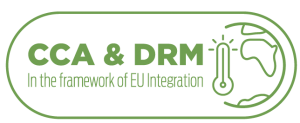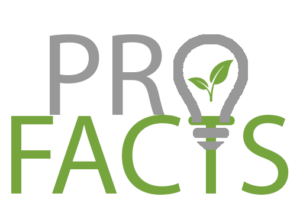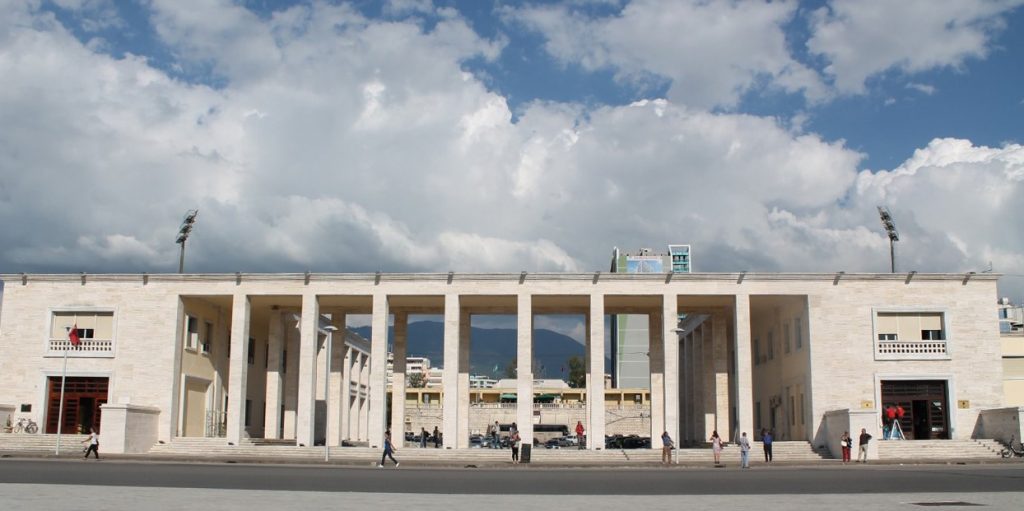Climate change introduces a substantial form of injustice, where nations expected to bear the most severe and immediate consequences are typically those that have made the smallest contributions to global carbon emissions. This injustice is often reflected in the form of climate – driven mobility, often referred to in the literature as climate migration. Many researchers are arguing that climate change is presently considered a more influential factor driving migration than economic and political considerations in the countries of origin.
By addressing knowledge on EU practices and experiences in three interconnected areas: climate impacts, human rights and migration, this proposal aims at contributing to integrate EU studies into third countries curricula which is not directly related to EU studies. The main outputs if this project involve developing 3 Jean Monnet Modules, at the Faculty of Economics (FE), University of Tirana (UT). All modules will be developed under the context of EU studies. The first module will be integrated within the existing course “Disaster risk management” offered in the Master of Science in Risk Management Program, enriching the current course program with topics and case studies related to the European human rights issues related to disaster risk management. The second module will be integrated within the existing course “Climate Change adaptation” offered in the Master of Science in Risk Management, enriching the current course program with interdisciplinary topics and case studies related to social, demographic, economic, political, environmental, and climatic determinants influencing climate-driven mobility. The third module will be offered through an Summer School entitled “Climate Justice and Migration Agenda in EU”, which will be addressed to all interested students from all study programs offered at the University of Tirana, and possibly also involve students and professionals beyond the institution. The module will address issues related to the impact of climate change, migration policies, and related economic impacts in EU.
The project acquaints a high number of students with EU policy-making practices and prepares them to become EU citizenship. In addition, the supporting activities of the project, beyond teaching and learning, aim at reaching the wider society, targeting stakeholders from public institution, involved in policy making in the field of climate, migration, human rights and economic development. Another broader aim of the project is to enhance dialogue between students, academic staff and these stakeholders through roundtables, meetings and joint activities. A high level of dissemination of project activities is foreseen, as this project, together with other JM and CBHE projects of the field implemented at the UT, are giving a valuable contribution to bring together academic world and government institutions in charge of climate, resilience, EU policies, economic development and other interrelated issues.




